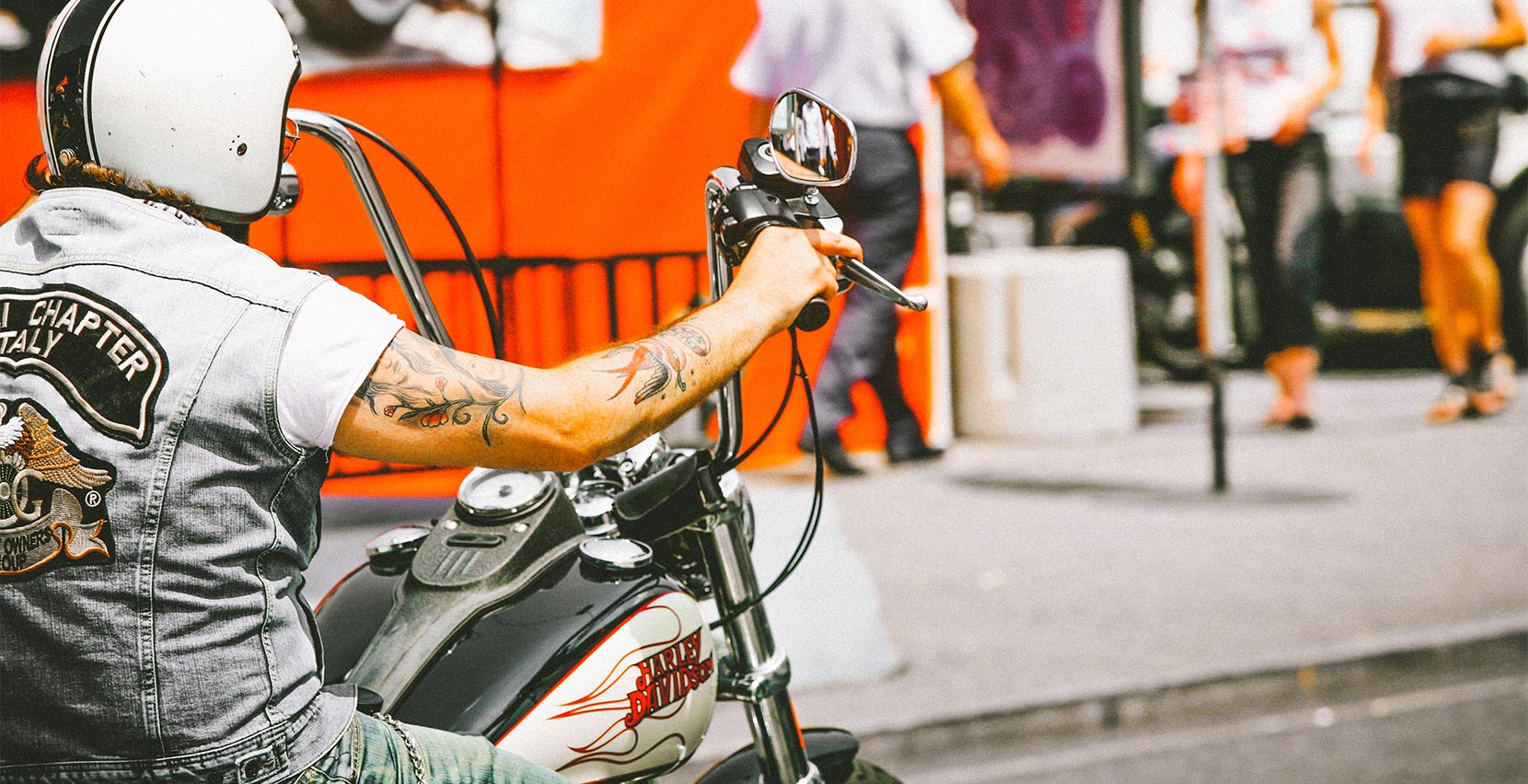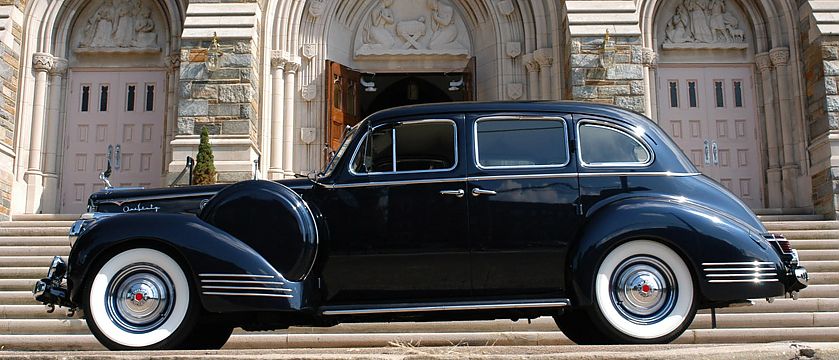Glossary
Archetypes
Archetypes
Archetypes

Archetypes are collective interpretations of images, characters or situations. They are embedded in our subconscious and shape our perceptions.
Why should brands take advantage of archetypes?
The interpretation of an archetype differs little from one person to the next. An example: Every human being describes the archetype "hero" and the values he represents in a similar way. So, if you compared the definitions of individual people, you would not see any major differences.
Brands can take advantage of this universal applicability of archetypes for their positioning. Example: The brand True Fruits uses the archetype "rebel". This is reflected in their marketing through provocative and ironic brand communication and in their storytelling. True Fruits uses the archetype to differentiate themselves in the fiercely competitive smoothie market.
That means: Fitting archetypes can be used for positioning, because they express the brand's personality in an understandable way. The public then automatically associates the values of the archetype with the brand. It serves to embed the brand in customers' minds.
How do archetypes develop?
Like clichés and myths, archetypes are expressions of so-called resonance fields. They are based on elemental human experiences such as birth, marriage, motherhood and death. These are experienced by the majority of human beings.
What are the benefits of using archetypes?
- People have a clear image of the brand.
- This image stays in their memories; it is practically etched into their brains.
- The values that are used shape people's attitude toward the brand and impact their preferences.
- People's motivations are addressed directly and on a subconscious level.
Examples — what brands use what archetypes?

Stiftung Warentest: The wise one – just, prudent and authentic
Airbnb: The friend – sociable, familiar and appreciative
Volvo: The protector – generous, secure and helpful
Volkswagen: The down-to-earth one – empathic, friendly and familiar
Disney: The innocent – moral, optimistic and loving
Mercedes-Benz: The ruler – powerful, authoritarian and controlling
Nike: The hero – proud, knowledgeable and a strong competitor
Innocent: The fool – funny, curious and cheerful
Harley Davidson: The rebel – revolutionary, combative and mischievous
Lego: The creator – self-realizing, innovative and creative
Tesla: The magician – problem solving, inquisitive and visionary
The North Face: The explorer – adventurous, free and independent
Automotive Brand
Automotive Brand
Automotive Brand

The term automotive brand covers all brands of the automobile industry.
If an automobile group has several brands, the term automotive brand does not describe the company brand but the specific manufacturer brand. For instance, Volkswagen AG has the automotive brands VW, Audi, Seat and Bentley, among others.
Automotive brands can be divided into 4 segments:
- Luxury automobile brands: Rolls Royce, Bentley, Ferrari
- Premium brands: Mercedes, Audi, BMW, Volvo
- Volume brands: VW, Seat, Ford, Opel
- Low-price brands: Dacia, Kia, Hyundai
A successful automotive brand benefits from its brand core values, which have grown over a period of decades, and transport its specific character from the inside to the outside. It is recharged continuously with peak performances, much like a battery, which transmits its brand energy to the customer. Audi's peak performances, for example, include the Audi quattro technology, which earned the company a number of triumphant victories in motor sports. It still supports the brand to this day.
Apart from their peak performances, strong (automotive) brands are characterized by high agility paired with stability. This combination is called resilience. If you look at the positions of the leading auto makers on the BrandTrust Resilience Index, the significance of resilience becomes clear: In 2017, Audi defied the Diesel scandal and even passed Tesla (top position in the 2015 index). Apparently, consumers respond not only to the proselytizing powers of founder Elon Musk, but care about real experiences with the brand. Solid automotive brands, built over the course of many years, cannot be destroyed over night, because their customers are willing to forgive mistakes.

Still, strong automotive brands are facing some enormous challenges. The automobile industry is transforming into a mobility service provider, electric and hybrid vehicles seem to be replacing the classic combustion engine. How will historically-grown brands position themselves credibly against this backdrop – without sacrificing their brand core? The brand BMW stands for the joy of driving – but what does that mean for self-driven vehicles?
The question for the future is: Can an automotive brand turn into a mobility brand?
Learn more here:
Get in touch with us
Would you like to arrange a non-binding telephone call with us or do you have questions about our offer? Then simply fill out this form and we will get in touch with you as soon as possible.
